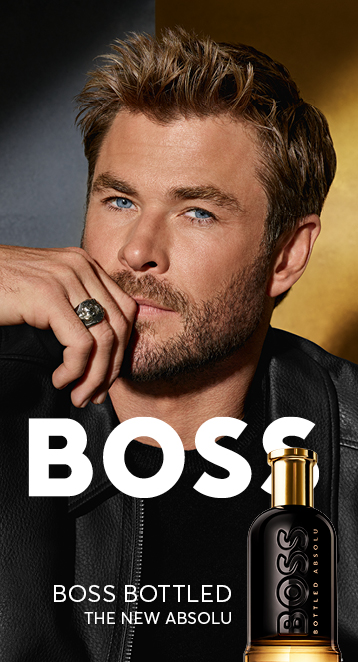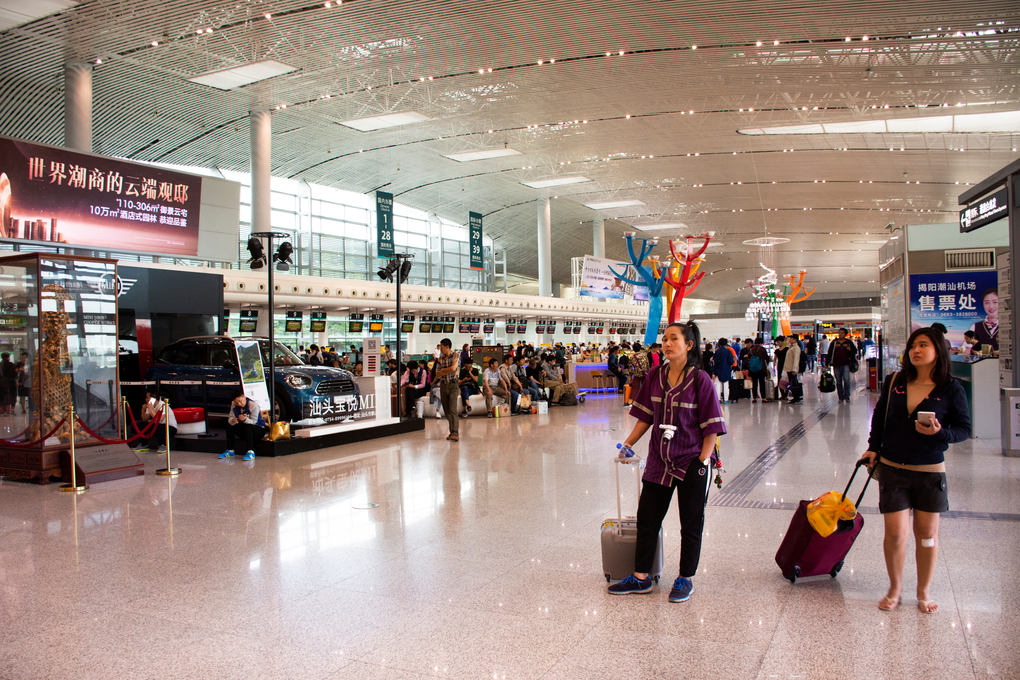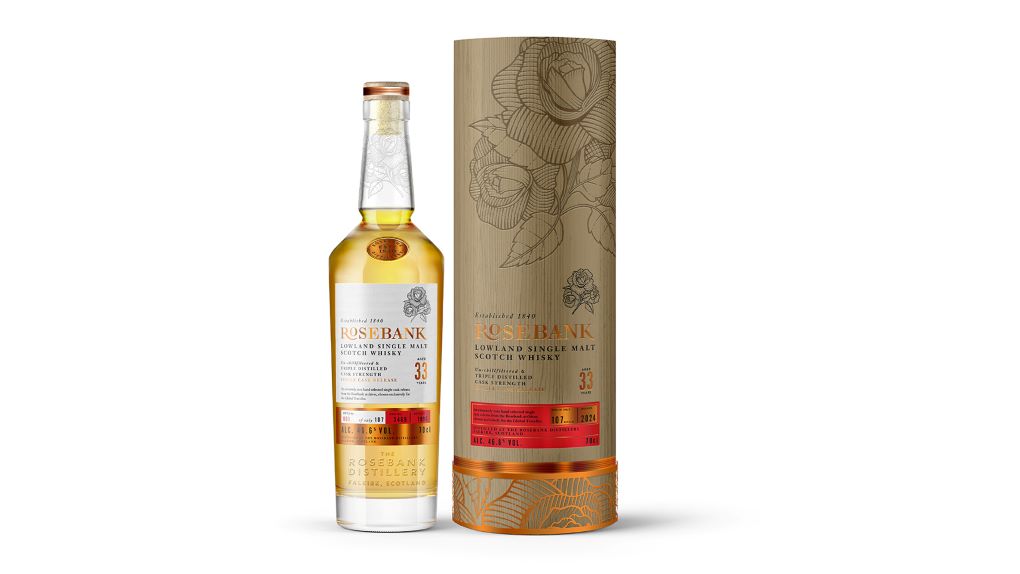
Luxury fashion, beauty and fragrance house Chanel posted revenues of US$12,273 million for 2019, up by +10.4% (and +13% on a comparable exchange rate basis).
Operating profit climbed by +16.6% to US$3,496 million year-on-year, while EBITDA rose by +13.3% to US$3,914 million. Profit after tax increased by +11.3% to US$2,410 million.
“The world has become a very different place in 2020, and Chanel is not immune to the impact of the ongoing global crisis” — Chanel Global CFO Philippe Blondiaux
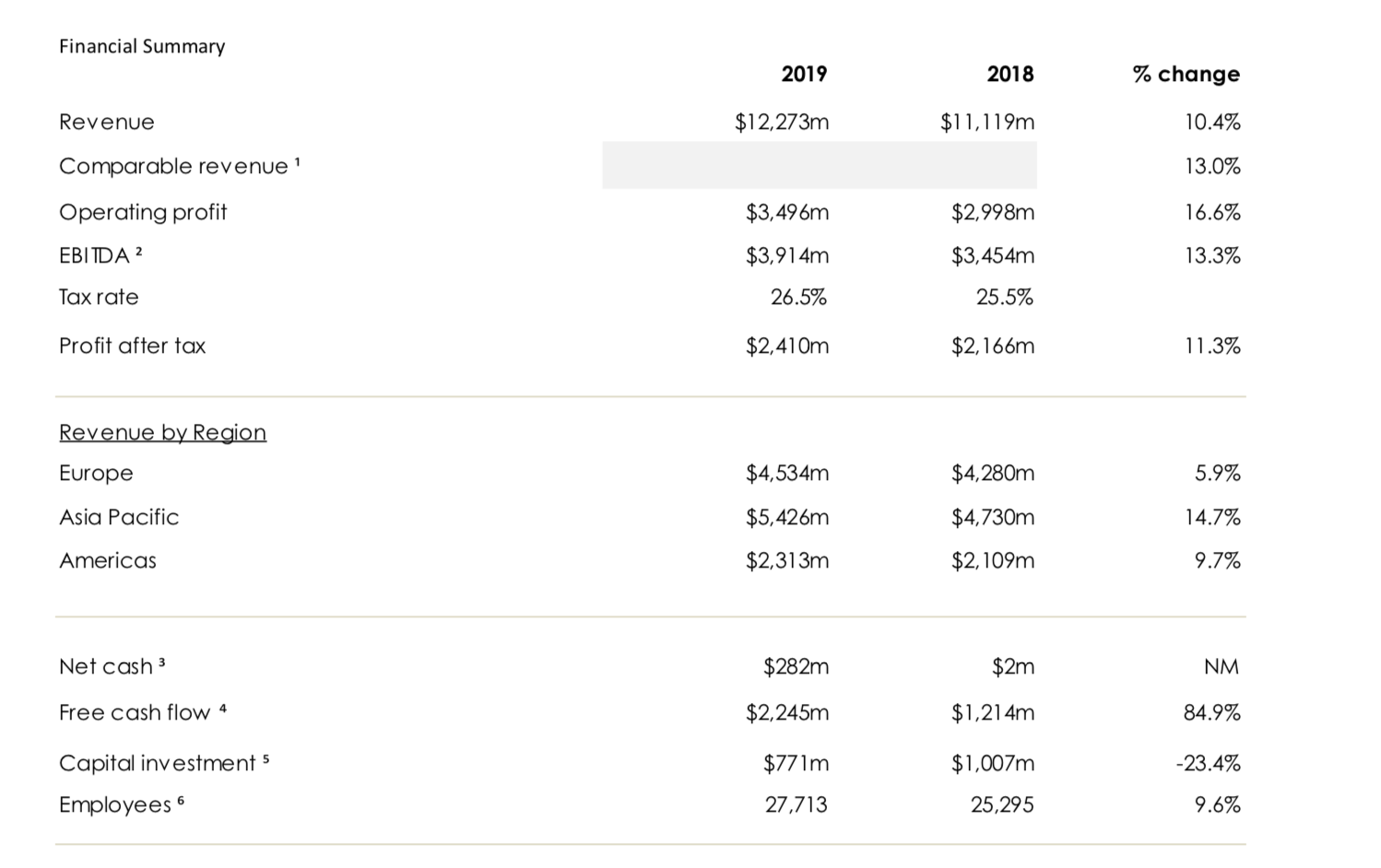
And despite a strong start to this year, Chanel noted that the impact of COVID-19 will weigh heavily on performance in 2020 and beyond. Over the last three months, the company temporarily closed boutiques across all regions and suspended manufacturing and distribution facilities. It also made the decision not to rely on any form of government support during lockdown.
In a statement, the company said, “The full financial impact of this health crisis for 2020 and beyond is impossible to predict with a high degree of certainty, but the group will actively take measures to preserve cash flows, strong balance sheet and long-term vision of the brand.
“We are reopening boutiques, production facilities and distribution centres on a location-by-location basis and in accordance with local government guidelines.”
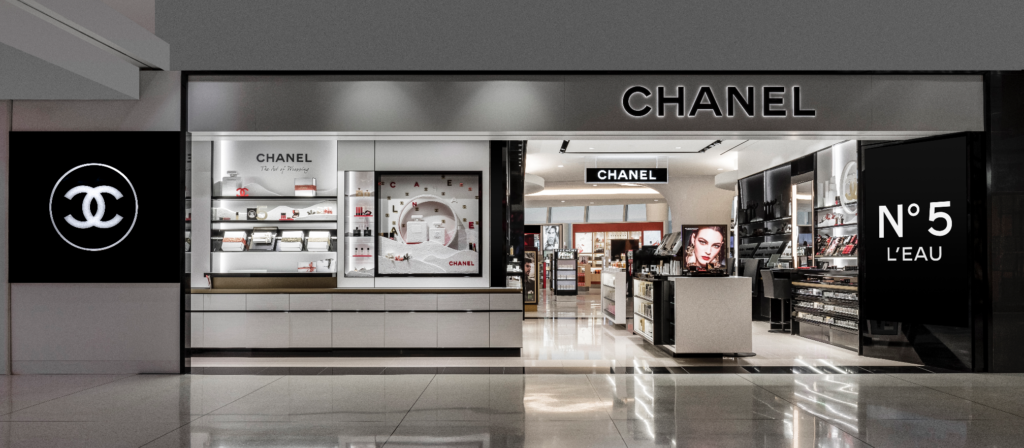
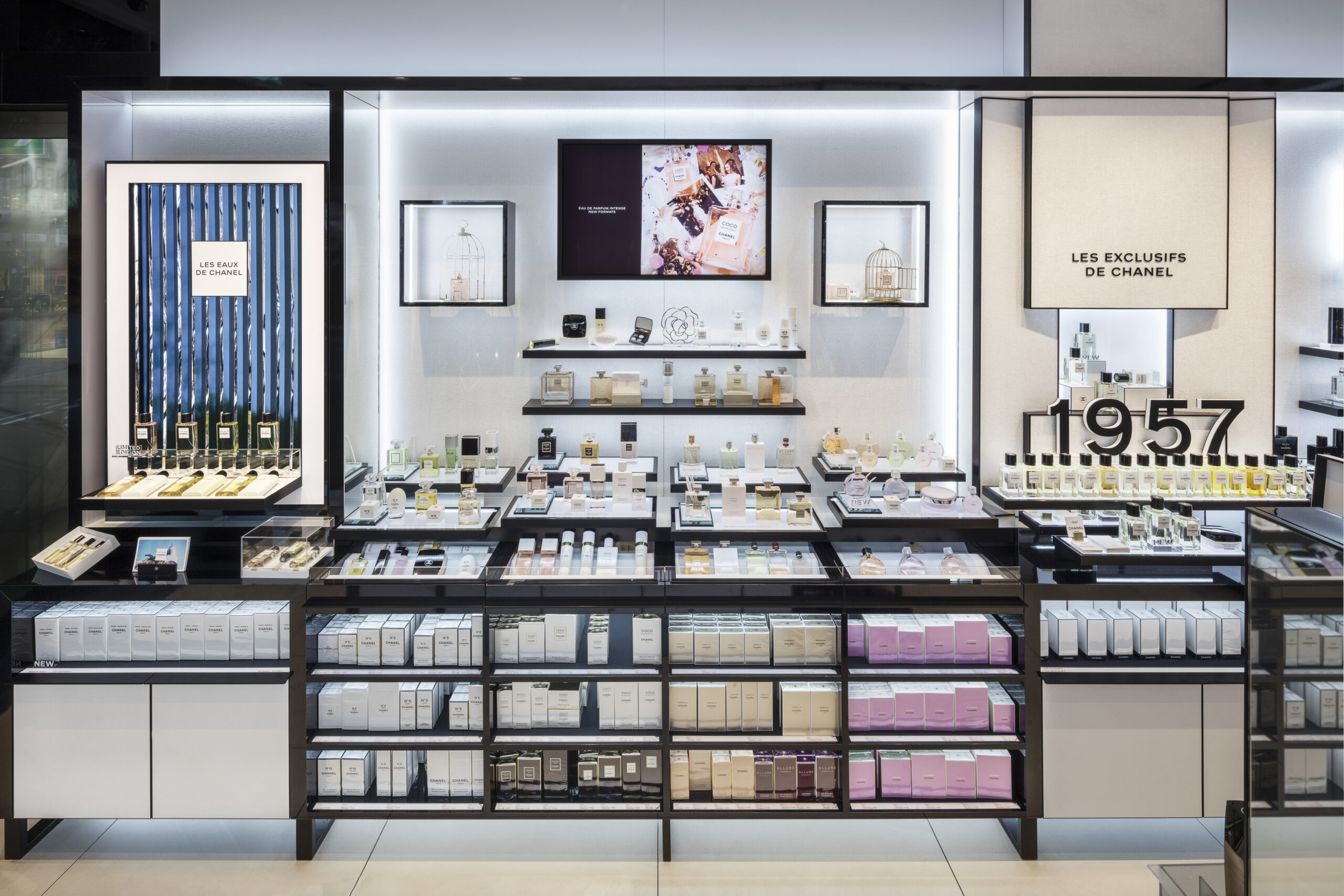
Chanel Global Chief Financial Officer Philippe Blondiaux commented: “Chanel delivered a strong performance in 2019, underpinned by its long-term approach to investment and a strategy based on creativity, the application of a unique savoir-faire, and a permanent quest for innovation. However, the world has become a very different place in 2020, and Chanel is not immune to the impact of the ongoing global crisis.”
According to Blondiaux, Chanel has remained committed to supporting its partners, employees and suppliers during these unprecedented times. He said: “Despite those challenges, Chanel has stayed true to its core and differentiating values. Our priority has been to ensure the safety of our colleagues and clients, and the protection of our partners.
“We are also supporting the communities in which we operate and seeking to contribute to wider society wherever possible, such as adapting our manufacturing facilities to produce face masks and gowns.” As reported, Chanel deployed its production facilities to supply surgical masks to the French health authorities.
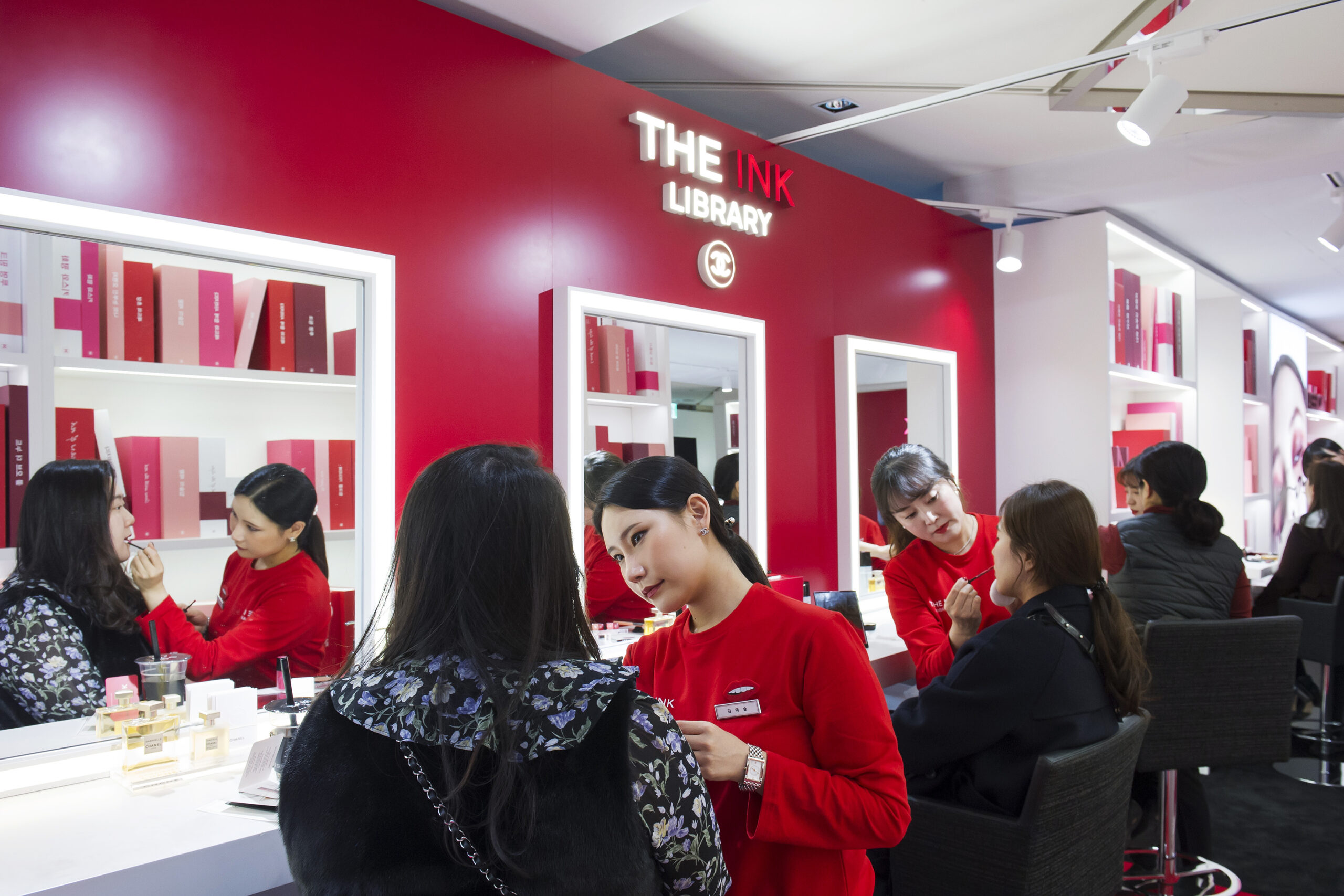

2019 in detail
In 2019, Chanel achieved solid growth across all regions and categories. For the second year in a row Asia Pacific was the largest region, contributing 44% (US$5,426 million) of revenue. Europe accounted for 37% (US$4,534 million) while the Americas represented 19% (US$2,313 million).
Fragrance and beauty delivered strong growth in 2019. Fragrance was supported by the launch of the new Chance Eau Tendre, Gabrielle Essence, and the continued growth of men’s fragrance Bleu de Chanel. The company said it continued to gain market share in the beauty category, boosted by the success of its Rouge Coco range. It also made headway in skincare with the launch of Le Lift.
Fashion achieved double-digit growth, with ready-to wear sales increasing by +28% in 2019. It was the first year with Virginie Viard as Creative Director (and the first without the late Karl Lagerfeld). The Watches and Jewellery category also posted double-digit growth, thanks partly to the launch of the J12 watch, with its manufactured 12.1 calibre by Kenissi.
iCoco Crush proved to be popular in the precious jewellery category, Chanel noted, while the 1.5 collection and Le Paris Russe collections, showed “results beyond expectations,” said the company.
Commenting on the group’s performance and the impact of the pandemic, Blondiaux said, “While near-term conditions will remain difficult, we are confident that the passion and expertise of our teams, our record of innovation, and our strong financial fundamentals leave us well-placed. We remain confident of the long-term opportunities to strengthen our position as one of the world’s most iconic and innovative brands.”
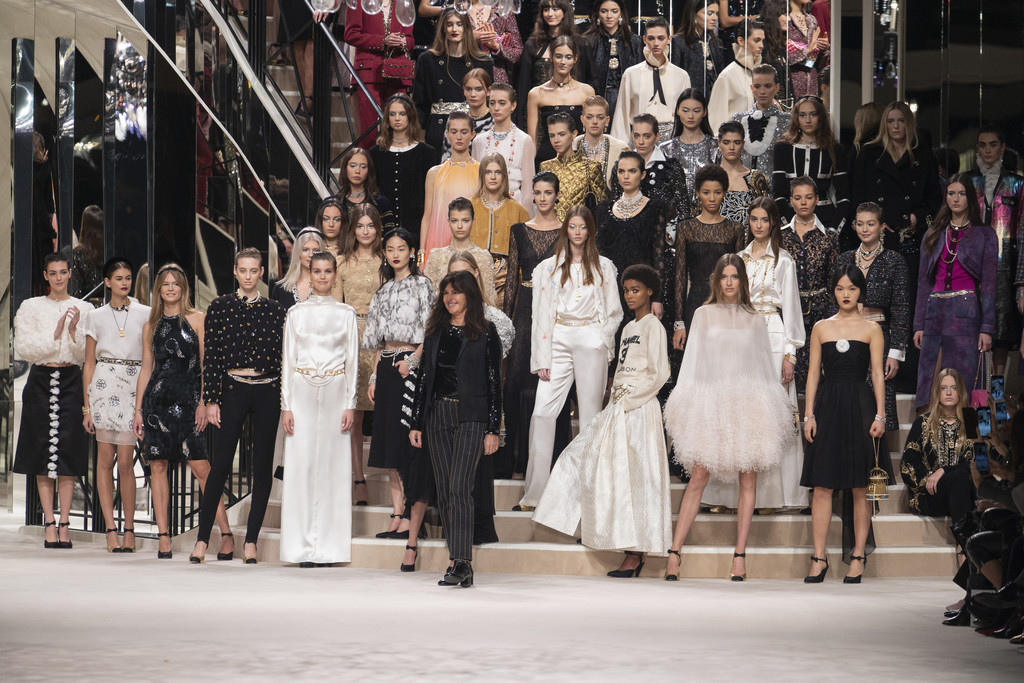
Capital expenditure reached US$771 million, representing 6.3% of sales. Chanel invested US$1,770 million in brand advertising, promotion and marketing activities, up by +7.1% compared to 2018.
The company also made significant investments in developing its own fragrance and beauty retail network, operating 144 fragrance and beauty boutiques around the world in 2019.
In travel retail, Chanel opened multi-category boutiques in New York John F. Kennedy International Airport, Paris Charles De Gaulle Airport, Toronto Pearson International Airport, Munich International Airport and Shanghai Hongqiao Airport. It has also run various activations with Lotte Duty Free, Dufry, and Gebr Heinemann.
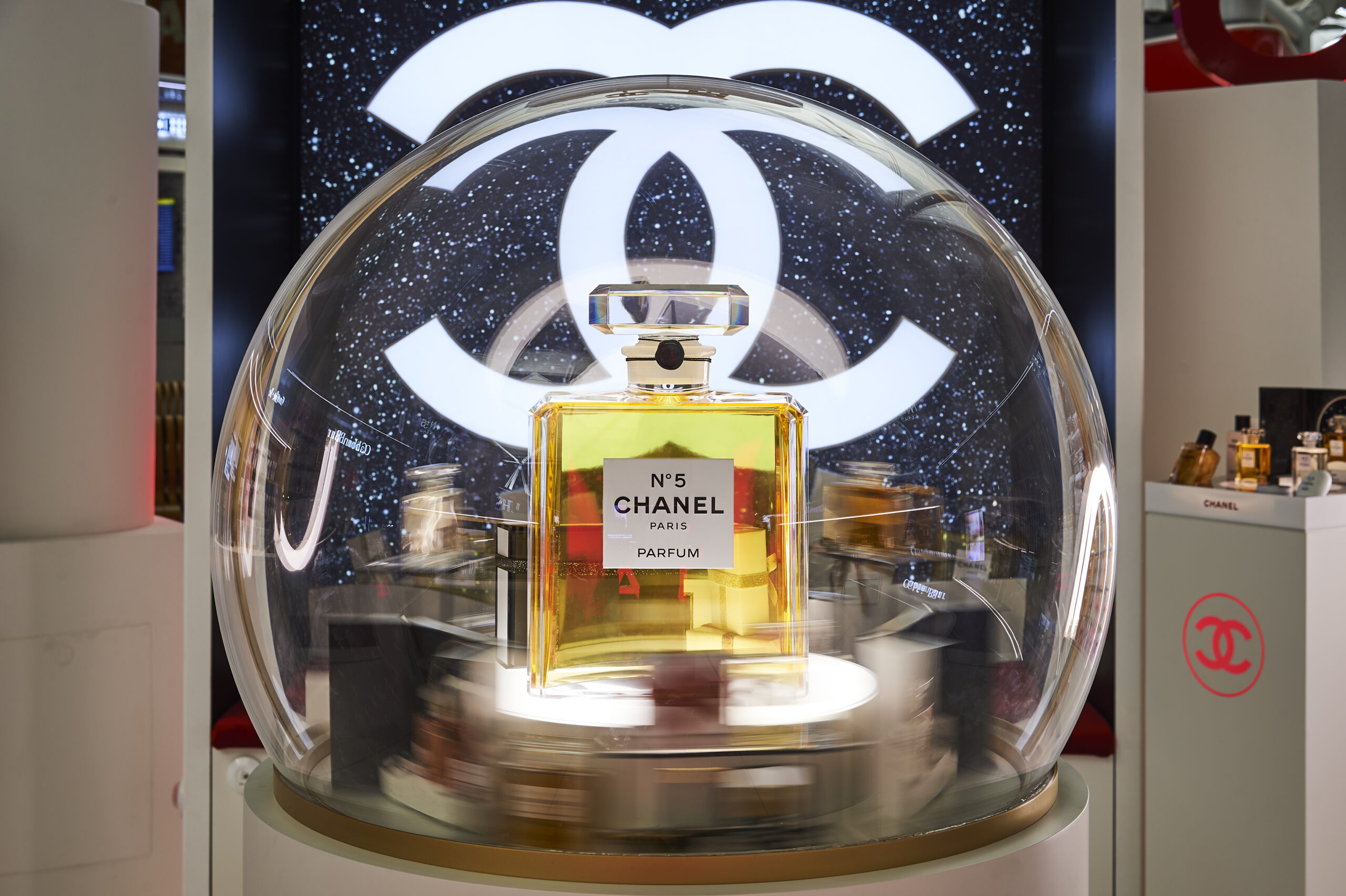

Chanel said it is also developing new client experience technologies. In 2019, the house launched an interactive video-tech solution in its high jewellery salon in Hong Kong, which enabled real-time interactions with the brand’s Paris-based jewellery team. It also launched augmented reality capabilities at its flagship Rue Cambon boutique.
Chanel has committed US$100 million to sustainability development projects over the next three years. Climate change is among the strategic priorities, as Chanel continues to accelerate its transition towards more responsible and sustainable business practices.

